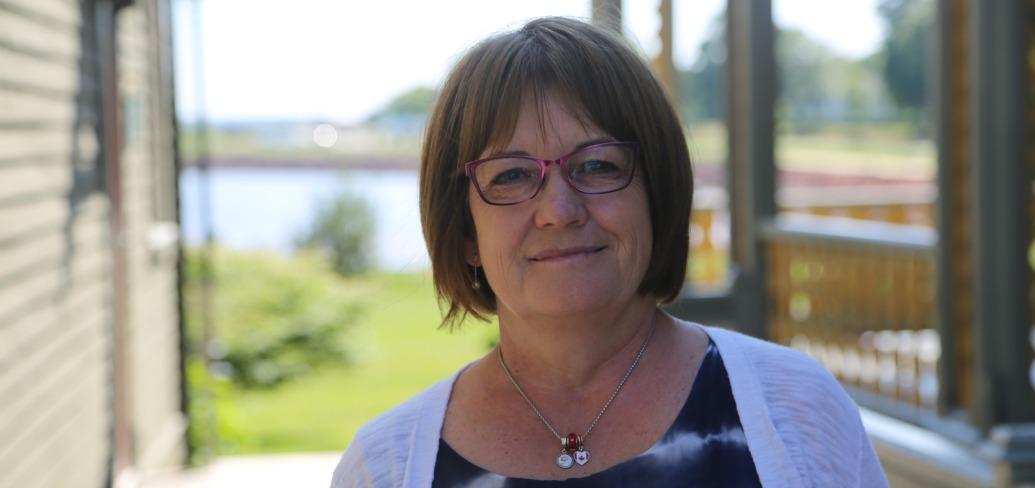Educators help shape Canada's curriculum for future

Some of the best minds in education were in Charlottetown this week brainstorming ways to make the Canadian education curriculum relevant for the class of 2030 and beyond.
One of the educators attending the C21 and Council of Ministers of Education, Canada (CMEC) meetings was Denise Andre, Ottawa’s Catholic School Board director of education. On behalf of C21, she presented to the nation’s education policy makers on the concept of “deep learning.”
Deeper learning means that teaching rich core content to students in innovative ways allows them to not only learn, but apply what they have learned. This is something highly effective teachers have always known.
“It’s about finding innovations and drivers at the system level that help students develop passion and purpose,” Andre said.
She cited an example: Ottawa students who were studying what makes a community Skyped and connected on Google hangout with other students in communities around the world. As they learned the particular needs of those communities, they started to ask about the needs in their own community and discovered something tangible they could do to ease poverty.
Their learning soon led to the construction of a food pantry outside their school.
This project incorporated subject matter from science and technology, social studies and health, and nutrition. The students learned first-hand the power of collaboration and partnerships, and their project engaged parents and the community.
Andre says it was exciting and everyone wanted to know more, so students worked to communicate their efforts on Twitter while their teacher wrote a blog.
“Classrooms have to be flexible and interconnected globally and locally 24/7,” Andre explained. “It’s an opportunity to ignite the passions of our students to explore the world.”
Students from grades 1 to 12 can be involved in the classroom decisions in this type of environment and take more ownership of their part in the teacher-student partnership.
“Global competencies flow from that type of learning,” Andre said.
Andre’s group has identified “7 Cs” for 21st century learning: creativity and innovation; critical thinking; collaboration; communication; character, culture and ethical citizenship; and computer and digital technology.
Being asked to present at the 50th meeting of the CMEC was a big win for C21, Andre said. “We want to influence different levels of government to ensure system growth and transformation continues to flourish across Canada.
“These are real conversations. This learning can he embedded in the curriculum, but it’s authentic and connected to the real world while leveraging digital to deepen learning.”
Ministers at the CMEC meeting also discussed a variety of challenges and opportunities in education such as global competencies, student transitions and student well-being. In addition, they explored opportunities for innovation with education and technology partners.